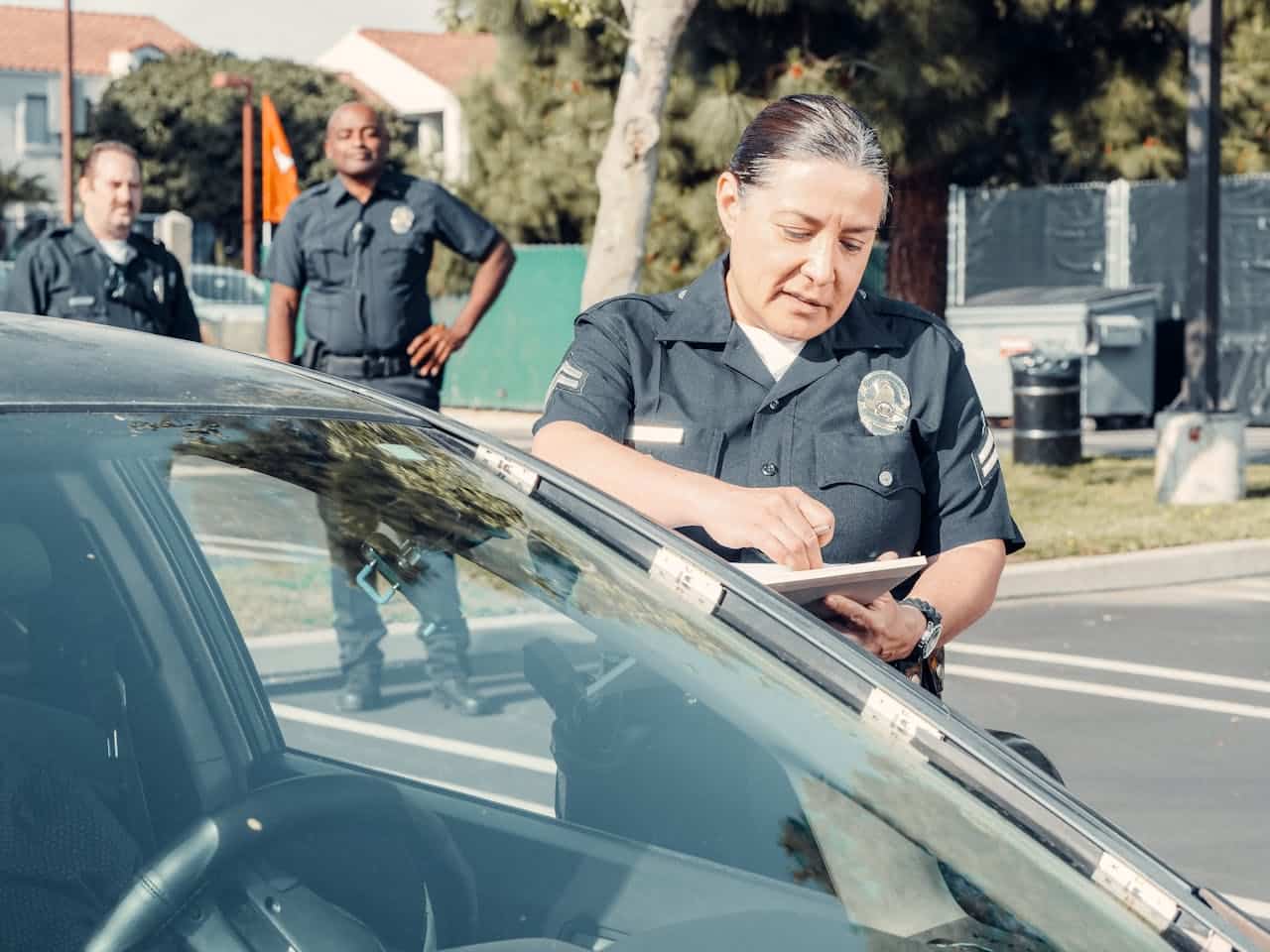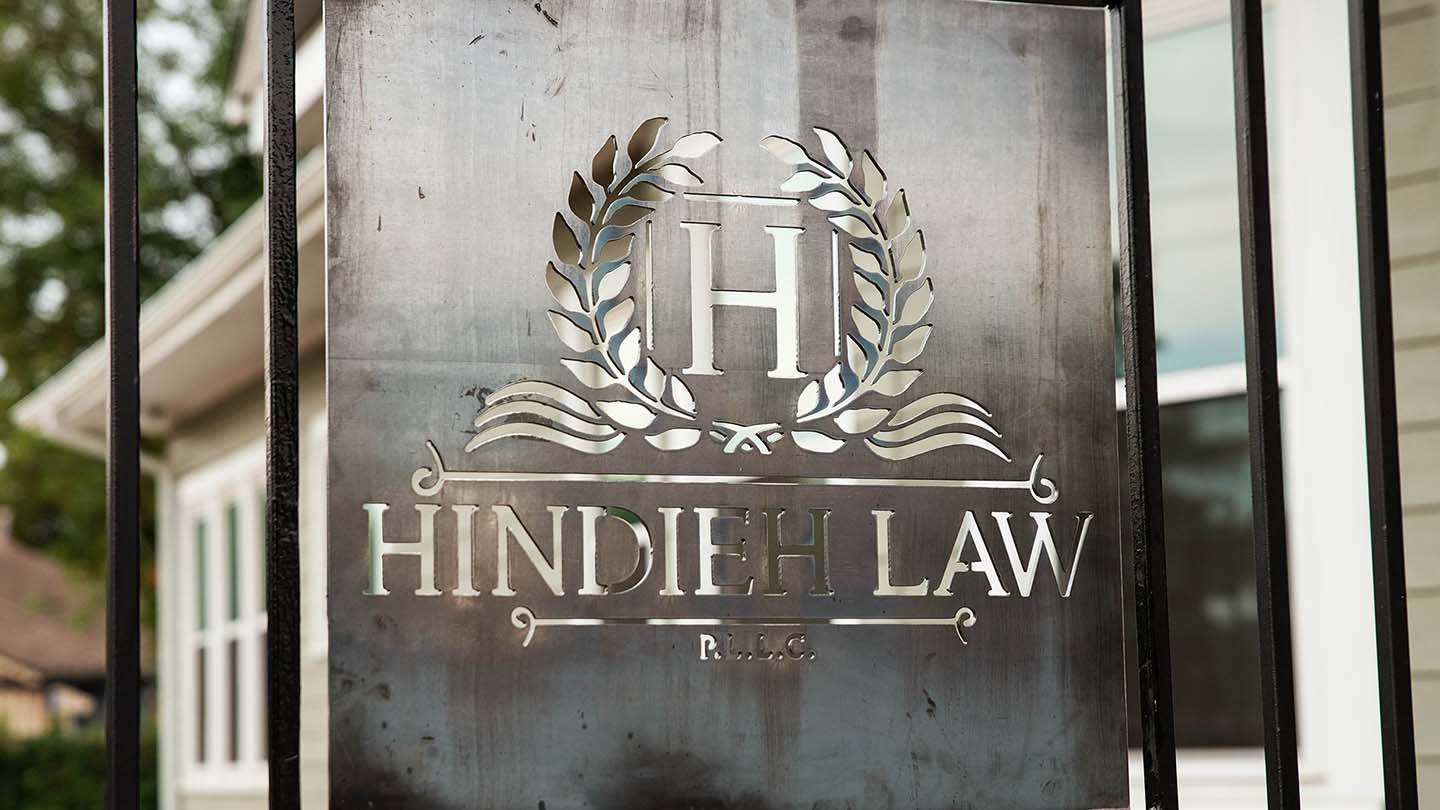Original story by Michael Murney on Chron
Navarro College—made famous by Netflix’s ‘Cheer’—facing federal lawsuit over racial profiling allegations
The lawsuit focuses on one specific Navarro College cop’s alleged pattern of racially profiling young Black men—though those connected to the case allege a wider pattern of racially motivated police misconduct on campus.
Navarro College, the southeast Texas junior college that gained international attention as home of the Netflix documentary series “Cheer,” is facing a civil racial profiling lawsuit in federal court due to the actions of a campus officer.

The suit, which was originally filed in March, alleges that Michael Police, a Black former Navarro College football player, was racially profiled by Navarro College officer David Arnett, who’s also named in the suit. According to court documents, Arnett accused Police and a friend of smoking marijuana while they were hanging out in a grassy area near an off-campus apartment complex in late-March 2020.
Attorneys for Police claim their client was instead smoking Black n’ Mild cigar, and in court documents they argue there was “no good faith, reasonable, non-racial profiling or justifiable law enforcement reason whatsoever” for approaching Police. They also allege that Arnett’s searches of Police’s person while outside of Arnett’s campus jurisdiction, and a search of Police’s dorm room, violate search and seizure laws enshrined in the Fourth Amendment.
During a pat down that evening, Arnett found “a clear empty cylindrical tube” in Police’s pocket and claimed he could “smell a faint odor of marijuana emanating from the tube but admittedly did not find any residue in or around the tube,” Police’s attorneys wrote in documents filed in the U.S. District Court for the Northern District of Texas. Police informed Arnett that the tube had been used to store a CBD cigarette, which are legal across Texas. However, as a result of Arnett’s search, Police still faced criminal charges for possession of drug paraphernalia, a class C misdemeanor in the state.
Texas is one of the few U.S. states that hold jury trials to rule on class C misdemeanors, so Police had to comply with a nearly two-year pre-trial process before he could face a jury. He was acquitted in Navarro County court in March 2022 by a jury that, according to Police’s attorneys in court documents, “returned its verdict within minutes, a rare occurrence in a criminal case.”
Police and his attorneys allege officer Arnett as a member of Navarro College’s police department—a separate agency from the Corsicana Police Department and Navarro County Sheriff’s Office—engaged in a pattern of racial profiling and of targeting Black students. They also argue that Arnett “has a history of targeting and harassing African American male students at Navarro College with accusations, arrests, searches, and/or detentions [for] alleged criminal conduct,” in court documents.
“I’m not the first person this has happened to at Navarro. I’m just the first one that fought it,” Police said.
Police’s attorneys also claim that the pursuit of criminal charges against their client constitutes malicious prosecution.
Keith Johnson, a former Navarro College police officer, as well as a 27-year veteran of the Dallas Police Department and a defense witness in Police’s criminal trial, first blew the whistle on Arnett and the College’s police department in the summer of 2020. Ray Hindieh, Police’s criminal defense attorney and a former Dallas County assistant district attorney, agreed to represent Police pro bono upon learning the details of his case.
Spokespeople for Navarro College did not respond to multiple requests for comment. However, attorneys representing the college have filed a motion to dismiss the suit, claiming in court documents that “there are no well-pleaded facts in the Complaint…to state a plausible claim that this initial encounter between Arnett and Police was a seizure subject to the Fourth Amendment.” The college’s attorneys also challenged the legitimacy of Police’s racial profiling and malicious prosecution claims in court documents.
Officer Arnett’s attorneys have also filed a motion to dismiss the case and are challenging both the search and seizure and the racial profiling claims levied by Police, court documents show.
Attorneys representing Officer Arnett did not immediately respond to a request for comment.






